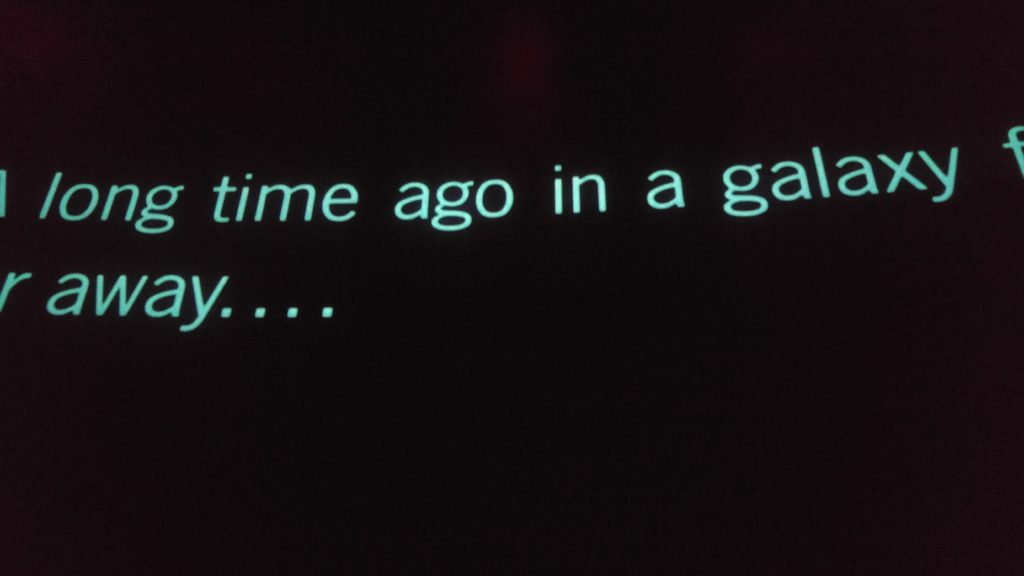Extraversion
High scorers tend to be talkative and energetic. They like being around people, and are comfortable asserting themselves in a group. High scorers tend to have more friends and dating partners, and are seen as more popular. They generally prefer, and are successful in, social and enterprising occupations. They are more likely to serve in community leadership roles, and to do volunteer work. They tend to prefer energetic music such as hip-hop, rock, and heavy metal, exercise more frequently, and are more likely to play a sport. They experience more frequent positive emotions, and react more strongly to positive events. Women tend to score higher than men.
Low scorers tend to be socially and emotionally reserved. They generally prefer to be alone or with a few close friends, and keep their opinions and feelings to themselves. Low scorers tend to pursue, and do better in, jobs that involve independent work rather than social interaction. They are less likely to engage in thrill-seeking or risky behaviors, such as smoking, alcohol consumption, and risky sexual activity.
Agreeableness
High scorers tend to be considerate and polite in social interactions, and enjoy cooperating. They find it easy to trust people, and feel compassion for those in need. High scorers tend to be well liked by their peers, and establish satisfying and stable close relationships. They generally prefer, and do better in, social occupations. They are more likely to be religious, to serve in community leadership roles, and to do volunteer work. They tend to prefer pop, country, and religious music. Women tend to score higher than men, and older adults tend to score higher than younger adults.
Low scorers express themselves directly and bluntly, even at the risk of starting an argument. They enjoy competition, and tend to be skeptical of other people’s intentions. Low scorers tend to earn higher salaries, and are more likely to engage in some risky behaviors, such as smoking and aggressive driving.
Conscientiousness
High scorers tend to be organized and responsible. They work hard to achieve their goals, and see tasks through to completion. High scorers tend to earn higher grades in school, and perform better in many occupations. They are more likely to be religious and hold conservative political attitudes. They tend to exercise more, have better physical health, and live longer. Women tend to score higher than men, and older adults tend to score higher than younger adults.
Low scorers tend to act spontaneously rather than making plans, and find it easier to look at the big picture than pay attention to details. They prefer to jump between tasks, instead of finishing one at a time. Low scorers are more likely to hold liberal political attitudes. They tend to engage in more risky behaviors, such as smoking, alcohol consumption, drug use, and risky sexual activity.
Neuroticism
High scorers tend to be emotionally sensitive, and have up-and-down mood swings. They experience more frequent negative emotions, and react more strongly to negative events. Women tend to score higher than men, and younger adults tend to score higher than older adults.
Low scorers tend to be emotionally stable and resilient. They usually stay calm, even in stressful situations, and can quickly bounce back from negative events. Low scorers tend to feel a greater sense of well-being.
Openness to Experience
High scorers are generally open to new activities and new ideas. They tend to be creative, intellectually curious, and sensitive to art and beauty. High scorers tend to prefer, and do better in, scientific and artistic occupations. They are more likely to hold liberal political attitudes, prefer classical, jazz, blues, and rock music, and engage in drug use.
Low scorers tend to be traditional, down-to-earth, and stick with tried-and-true ways of doing things. They prefer the familiar over the new, and the concrete over the abstract. Low scorers tend to prefer, and do better in, conventional and practical occupations. They are more likely to hold conservative political attitudes.




